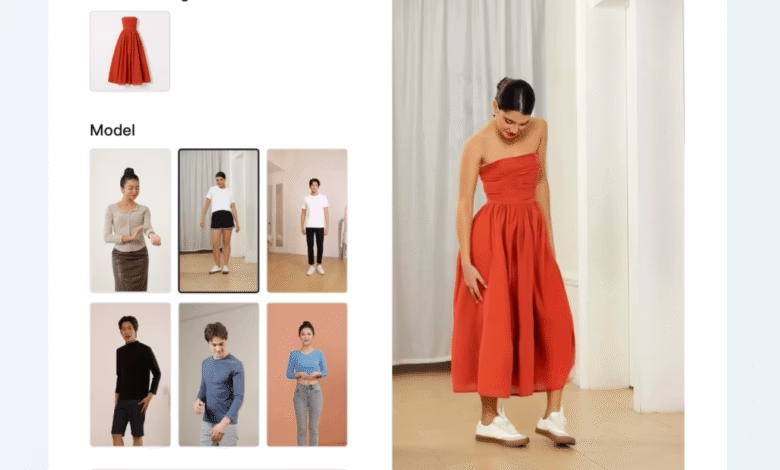AI-Generated Sponsored Content Is Here

▼ Summary
– Influencer marketing has transformed traditional advertising by leveraging social media creators to promote products at scale, with tech companies increasingly focusing on automation.
– TikTok’s Symphony AI ads platform now offers advanced features, including virtual avatars that mimic human influencers by modeling products and creating interactive brand content.
– AI in influencer marketing allows advertisers to automate content creation, reduce costs, and target audiences more precisely, though some brands remain hesitant about AI-generated content.
– Human influencers face potential threats from AI, including job displacement and reduced rates, though many currently use AI tools for behind-the-scenes tasks like editing and brand deals.
– TikTok will label AI-generated ads and subject them to safety reviews, but the rise of synthetic content raises ethical questions about authenticity and the future of human influencers.
The rise of AI-generated sponsored content is transforming influencer marketing, blurring the lines between human creativity and automated advertising. Social platforms now offer brands tools to produce polished promotional material without relying on traditional influencers, fundamentally changing how products reach consumers.
TikTok recently expanded its AI-powered ad platform, Symphony, introducing features that go beyond basic video generation. Advertisers can now create lifelike virtual influencers, digital avatars that model clothing, demonstrate apps, and showcase products with startling realism. By uploading images and providing simple text prompts, brands generate customized videos indistinguishable from those made by human creators. Existing tools, like converting photos into videos, are also being adapted for commercial use.
This shift toward synthetic influencers isn’t entirely new. Brands have experimented with AI spokespeople for years, using scripted digital characters to pitch products. But TikTok’s latest update takes it further, enabling interactive, human-like avatars that engage audiences just like real influencers, without the logistical headaches. For companies, the benefits are clear: reduced costs, unlimited content production, and complete creative control. AI doesn’t negotiate contracts or demand higher fees, making it an attractive alternative to human talent.
The implications for traditional influencers are significant. While many currently use AI behind the scenes, editing videos, brainstorming ideas, or securing brand deals, the rise of fully synthetic content threatens their livelihoods. If brands can generate endless promotional material without hiring real people, competition intensifies, potentially driving down rates across the industry. Worse, platforms like TikTok have a vested interest in promoting these tools; why split revenue with countless creators when AI offers a cheaper, scalable solution?
Ethical questions also emerge. Can an AI avatar’s product recommendation be trusted if it lacks genuine experience? As synthetic content floods feeds, audiences may struggle to distinguish between authentic endorsements and algorithmically crafted ads. TikTok claims all AI-generated content will carry disclosure labels and undergo safety reviews, but transparency remains a concern.
The influencer marketing landscape is at a crossroads. While AI promises efficiency for brands, its rapid adoption risks sidelining human creators. As platforms invest heavily in automation, the future of influencer-driven advertising hangs in the balance, raising tough questions about authenticity, value, and who truly benefits from this technological shift.
(Source: The Verge)